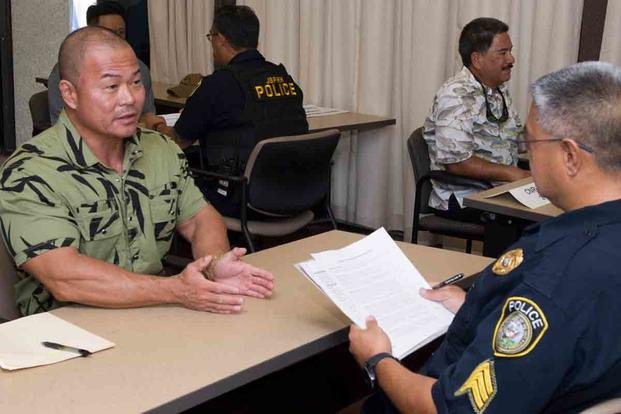Question: I just interviewed with my dream employer. I did my research, felt prepared and confident about the meeting, but as soon as the recruiter and I connected on video, I panicked.
From the start, she seemed irritated about doing the interview, asked pointed questions and seemed unhappy with my responses. Within moments, I felt myself crumble, and I'm sure my insecurities were obvious.
What could I have done to salvage the interview?
Answer: I'm sorry this happened. All of your groundwork can't always prepare you for the emotional turmoil of feeling "off" from the beginning of the interview. Let's look at what could have happened in that meeting:
You mentioned that the interviewer started the meeting irritated. You likely concluded that it was something about you that set her off on a negative tone. There is another possibility: Maybe she'd received bad news just before the interview but elected not to cancel. Perhaps she had a family situation that prevented her from sleeping, so she's exhausted.
Could it be that she's new to the job and more nervous about interviewing candidates than you are about being interviewed? Maybe she just delivered a rejection message to a job applicant who berated her.
There are many explanations for why she could have been in a bad mood. Instead of personalizing the incident to think it was about you, exercise empathy and consider other options.
When She Asked Pointed Questions, Were They Still Appropriate to the Interview?
Some people get overly succinct and direct when they're nervous. If she was new to interviewing, directness may be her default behavior to hide her nerves. Did you try expanding your answers, or did you return her rapid-fire questions with equally pointed responses?
If you had responded in a calmer, more reassuring and conversational tone, perhaps it could have put her at ease and changed the direction of the meeting.
To Your Comment that She Seemed "Unhappy with My Responses," Consider if There's Another Explanation.
- Did she take copious notes after you responded, looking down at her paper to write?
- Did she shake her head side to side to indicate displeasure?
- Did she ask follow-up questions to get clarification?
This person may not have great ways of showing her enthusiasm for your candidacy, or it's possible she wasn't happy with your answers. To know what someone is feeling is tricky.
Often, the most we can do is read body language and other communication signals and then guess.
It's not uncommon to start an internal dialogue with yourself if you feel things aren't going well in an important meeting, like an interview. Instead of supporting negative beliefs, which could be erroneous, try reinforcing positive beliefs and actions.
Take a Deep Breath if You Feel Yourself Getting Flustered.
Pause, inhale and exhale slowly. Then ask the interviewer a clarifying question, such as, "I feel like I'm not being specific. May I have another chance to address your second question?" This could tell the interviewer that you're aware you're not showing your best self and may even alert them to their own negative behavior.
If You Can, as You Tell Yourself Things Aren't Going Well, Reframe What's Happening.
Reassure yourself, "This is OK. I'm OK. It's going fine. Stay calm and remember you're prepared." When you do this in the moments between interview questions, you reframe what you're seeing and then how you'll respond to it.
Things May Not Have Been as Bad as You Imagined.
Your perception of the experience may have been off because of your internal dialogues. It's possible the recruiter appreciated your patience, directness and responses to her questions. Before you write it off as a disaster, see how it plays out.
If you are afforded another opportunity to interview, see how that one goes. If it's similar to the first one, perhaps this indicates flaws in the company culture that you should consider before proceeding. If the next interview is more positive, then either your assessment of the first meeting was off, or you really did better than you believed.
Want to Know More About Veteran Jobs?
Be sure to get the latest news about post-military careers as well as critical info about veteran jobs and all the benefits of service. Subscribe to Military.com and receive customized updates delivered straight to your inbox.












